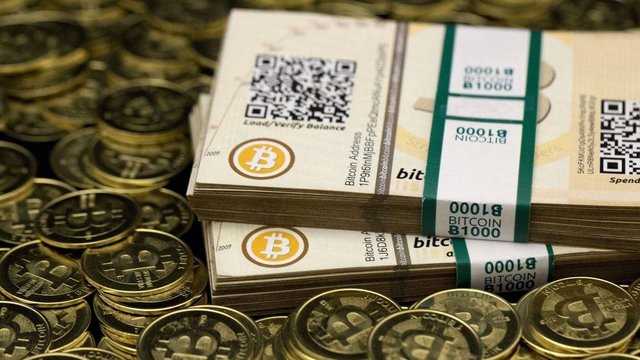Bitcoin Cash, Hard Fork, and Coin Replication

If you belong to a person who does not believe someone can double the money, believe me, in cryptocurrency it can be done!
ETH and ETC
In fact, I once had a doubling of money when Ethereum (ETH) had a hard fork to handle a hacking event known as "The DAO Hack" 1). Vitalik Buterin and the Ethereum developer team at the time decided to take the case seriously and prevent the hacker from cashing out the money he had earned. In fact, not all members of the Ethereum community agree with this Vitalik decision, and decide to make their own Ethereum coins with the Ethereum Classic (ETC). Currently ETH and ETC are traded in exchangers as 2 different coins.
Hard Fork
To understand this "multiplication of coins", it is necessary to understand the concept of open ledger (blockchain) used as the basic technology of cryptocurrency. Blockchain simplifies the "account opening" process and coin transactions (or more properly called tokens) between users, because they do not require registration and do not require a banking unit at all. All tokens transaction records are recorded into this blockchain open database, and thus everyone can see the token balance of every existing address. Now imagine at a point there will be branching, where one branch is not compatible with the other, and these two branches form two separate systems.
Since the two branches come from the same "stem", the transactions that occur in the block before the fork occur will remain readable by both systems, since each system will have their own blockchain. Thus, if you buy a coin in which the transaction records are recorded on the block before the fork occurs, then the coins will also be read on the two separating branches forming different cryptocurrency systems. In the end, you can claim that you have coins on each system, so your coins are duplicated. If the new system is marketed for a good price, you can get a pretty good profit without any effort.
Bitcoin Cash
The same will happen to Bitcoin 2), where Bitcoin Cash 3) will be formed from Bitcoin blockchain and split on August 1, 2017 at 12.30 UTC (according to information on Bitcoin Cash site). Bitcoin Cash is an embodiment of UAHF 4) previously prepared by Bitmain. One version proposed by UAHF developers is Bitcoin ABC, although it seems they prefer the name Bitcoin Cash, with btc1 coded source code developed under Jeff Garzik's guidance.
Steps
To take advantage of this hard fork, you need to move your bitcoin from the exchanger, if your exchanger does not plan to support Bitcoin Cash. The reason is that you can have coins in 2 different systems. If your coin is still in the exchanger, it could be an exchanger will take a new coin that should be your quota. But if your exchanger plans to support Bitcoin Cash, then you need not worry. I got the information that the Kraken has made sure that you will get Bitcoin Cash if it is hard fork happen.
When the hard fork process is in progress 5), it's good to delay all coin transactions. This is because your transaction opponent can get double benefit from one transaction done, where the transaction opponent can claim bitcoin or bitcoin cash from only one transaction, whereas you and the transaction opponent only intend to transact in Bitcoin system (not Bitcoin Cash) . This is called replay attack 6), an attack that publishes the same transaction into a different blockchain but is still compatible so that it gets a double advantage.